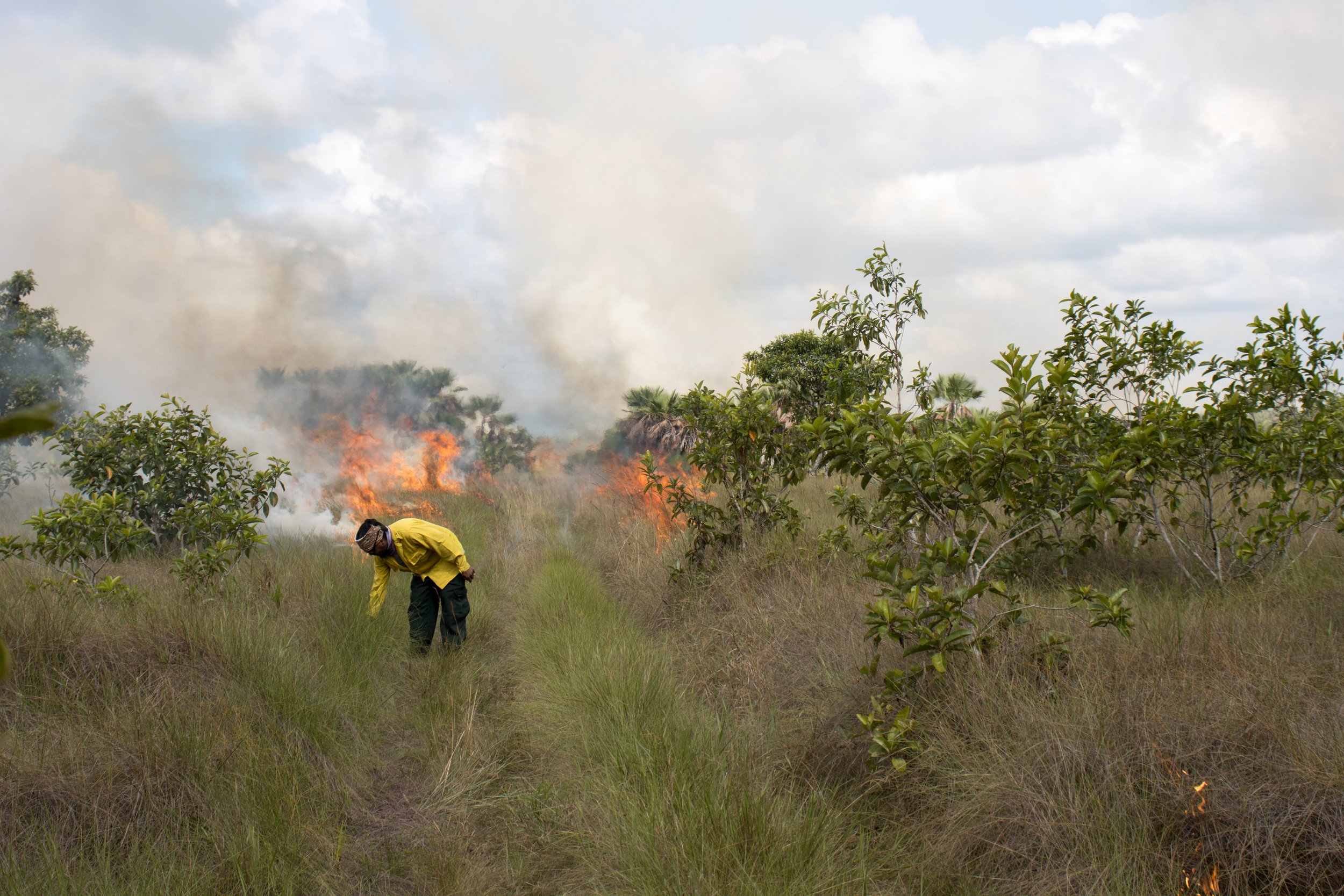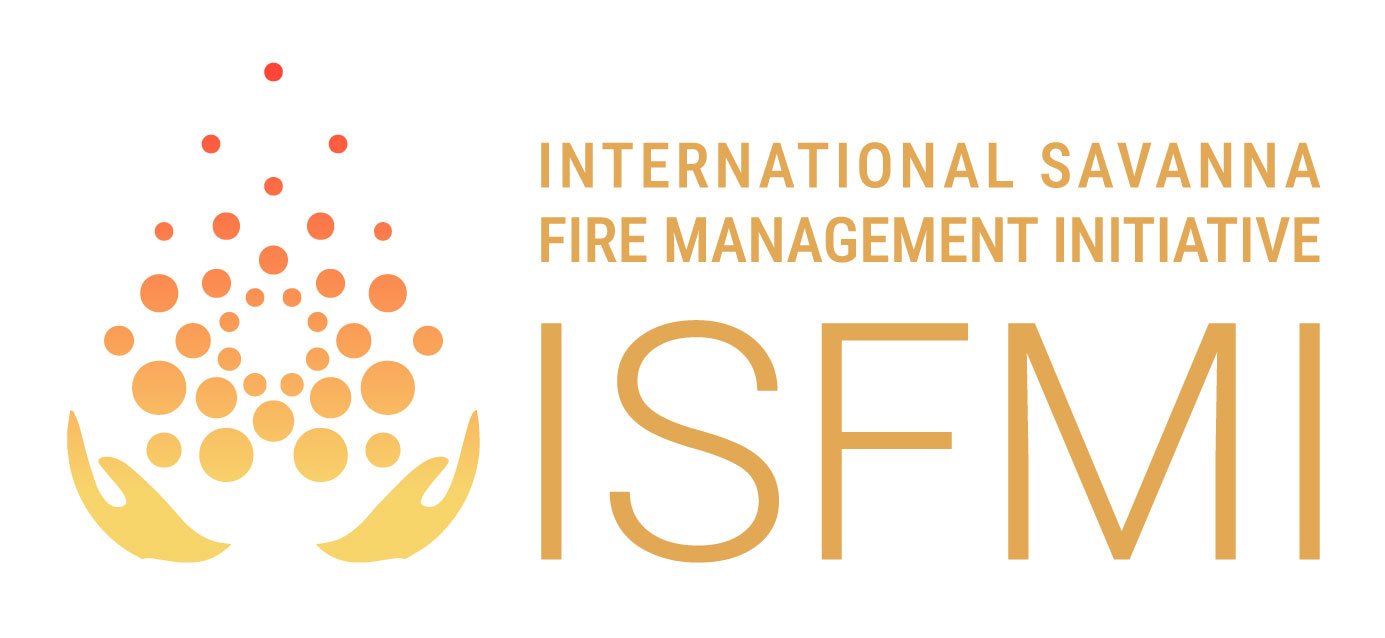
HIGHLIGHT
Major Step Forward for Savanna Burning: UNFCCC Approves Concept for Article 6.4 Methodology; Verra Begins Expert Review Process
24 November 2025
News
Publications
About ISFMI
The International Savanna Fire Management Initiative (ISFMI) is an Australian charity that with Indigenous Peoples, governments, academia, and organisations aims to revitalize indigenous fire knowledge globally.
The ISFMI Approach
Combining traditional fire management practices with innovative scientific methodologies and a system of verification that lead to valuable economic, social and cultural benefits for Indigenous communities.
Revitalizing Indigenous Fire Management
A unique Australian technology supporting climate action, biodiversity and sustainable livelihoods globally.
Supporting Climate Action
The gentle and cool burning associated with Indigenous Fire Management results in a reduced emissions profile as compared to uncontrolled wildfire.
Indigenous fire management techniques result also in ecosystems with a greater greenhouse gas sequestration potential.
Modern scientific methods allow these emissions reductions to be measured, reported and verified.
Enhancing Biodiversity
Highly intense wildfire can travel quickly, cover vast distances and prove catastrophic for flora, fauna and ecosystems.
Indigenous fire management has been shown to reduce the incidence of hot, intense wildfires, enhance biodiversity and protect vulnerable species and habitats.
Promoting Sustainable Livelihoods
Facilitating Indigenous Fire Management respects the expertise held by Indigenous peoples and promotes its value, affording communities the opportunity to use their traditional knowledge in a way that supports livelihoods largely reliant on sustainable natural resource use.
In addition, by providing the science and tools to Indigenous communities to measure and verify the emissions reductions and other environmental benefits resulting from Indigenous fire management, communities are able to participate in carbon markets, or source other kinds of support, to implement their fire management activities.
In these ways, Indigenous fire management can create many social and economic benefits for communities and individuals in remote places.
“The fires here have become too intense. These Callitris trees are all burnt, all their trunks. Hot fires have burned right to their top and killed them. We should see young Callitris here, but there are none. Why? Wildfire. We haven’t been managing fire. We have to find new ways to make this land healthy… Being the boss of fire was always the way. Not fires being the boss of us. That is the lesson from the old people.”
- Dean Yibarbuk, West Arnhem Land Australia
Backgrounder: Advisory Committee member Cissy Gore Birch introduces the work of the ISFMI
ISFMI's work in Belize on traditional fire management will strengthen partnerships and community-based fire management efforts for the benefit of people and nature.
This film showcases to a global audience how Indigenous fire management is reducing emissions from hot fires, managing country to help wildlife.
























